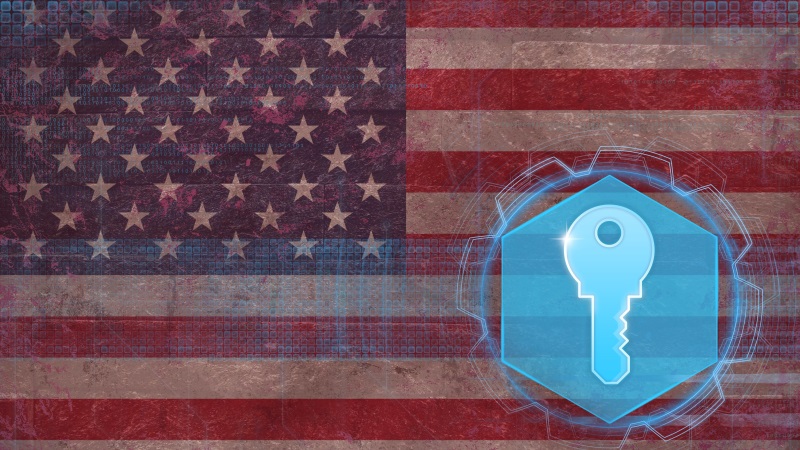
Senate Majority Leader Chuck Schumer, D-N.Y., expects to have a final conference agreement for the fiscal year (FY) 2022 National Defense Authorization Act (NDAA) this week, with votes potentially taking place into the weekend, Schumer wrote in a Dec. 6 Dear Colleague letter.
The Senate resumed consideration of the defense spending bill last week after returning from Thanksgiving break but hit a snag over the number of amendments to receive floor votes. At the same time, Congress was busy with work on a continuing budget resolution to fund government operations through mid-February 2022.
“I will continue to remind you that there are more long days and nights, and potentially weekends, that the Senate will be in session this month,” Sen. Schumer wrote in his Dec. 6 message. “For this coming week, we anticipate processing nominations and a final conference agreement on NDAA. Due to the time it may take to process those items in the Senate without cooperation, Senators should prepare for potential weekend votes.”
Among the amendments senators hope to hitch to the bill are potential reforms to the Federal Information Security Management Act (FISMA), although the Office of Management and Budget (OMB) may have headed off some changes by issuing its own updated FISMA guidance.
The NDAA has already passed the House of Representatives, and lawmakers from both chambers are working to reconcile differences between that version and the version making its way through the Senate. The House would need to pass the conferenced form of the bill again, as well.
Sen. Schumer also said that eight of the 12 Senate committees tasked with returning legislative language for Democrats’ FY2022 budget reconciliation bill – known as the Build Back Better Act – have submitted their final text for the Senate version of the bill to the Senate Parliamentarian. Sen. Schumer said he expects the language for that legislation to be finalized over the next two weeks. The Build Back Better Act contains billions of dollars of funding for supply chain resilience and modernization, among other tech-related items.
Part of the work the Senate is undertaking on the Build Back Better legislation is having the committees “Byrd proof” the language that came from the House-passed version of the bill, so that no provisions run afoul of the Byrd rule – a Senate rule that prohibits extraneous matters as part of a bill to be considered through the reconciliation process.
Sen. Schumer reiterated that the Senate is hoping to pass the Build Back Better Act before Christmas.
